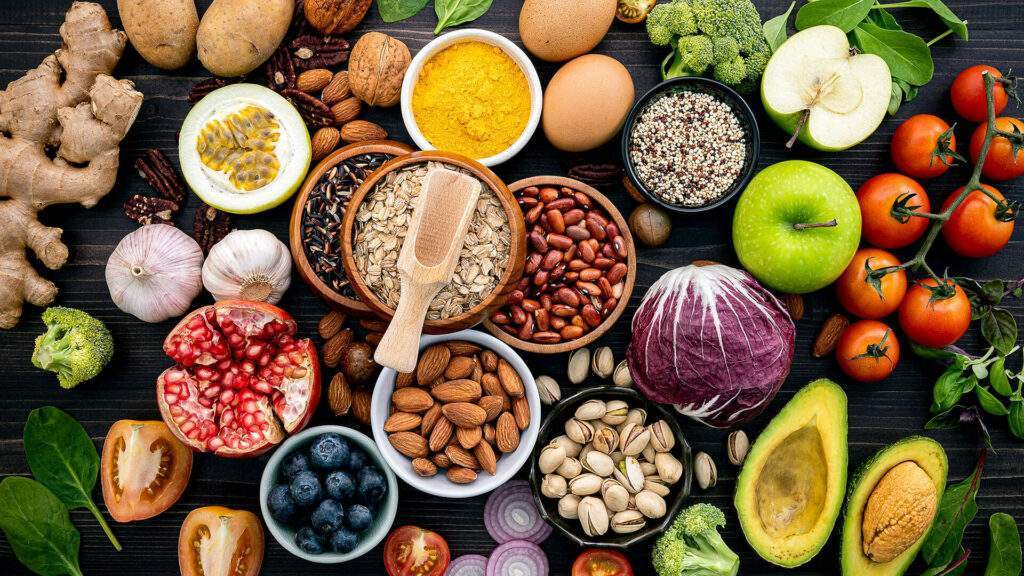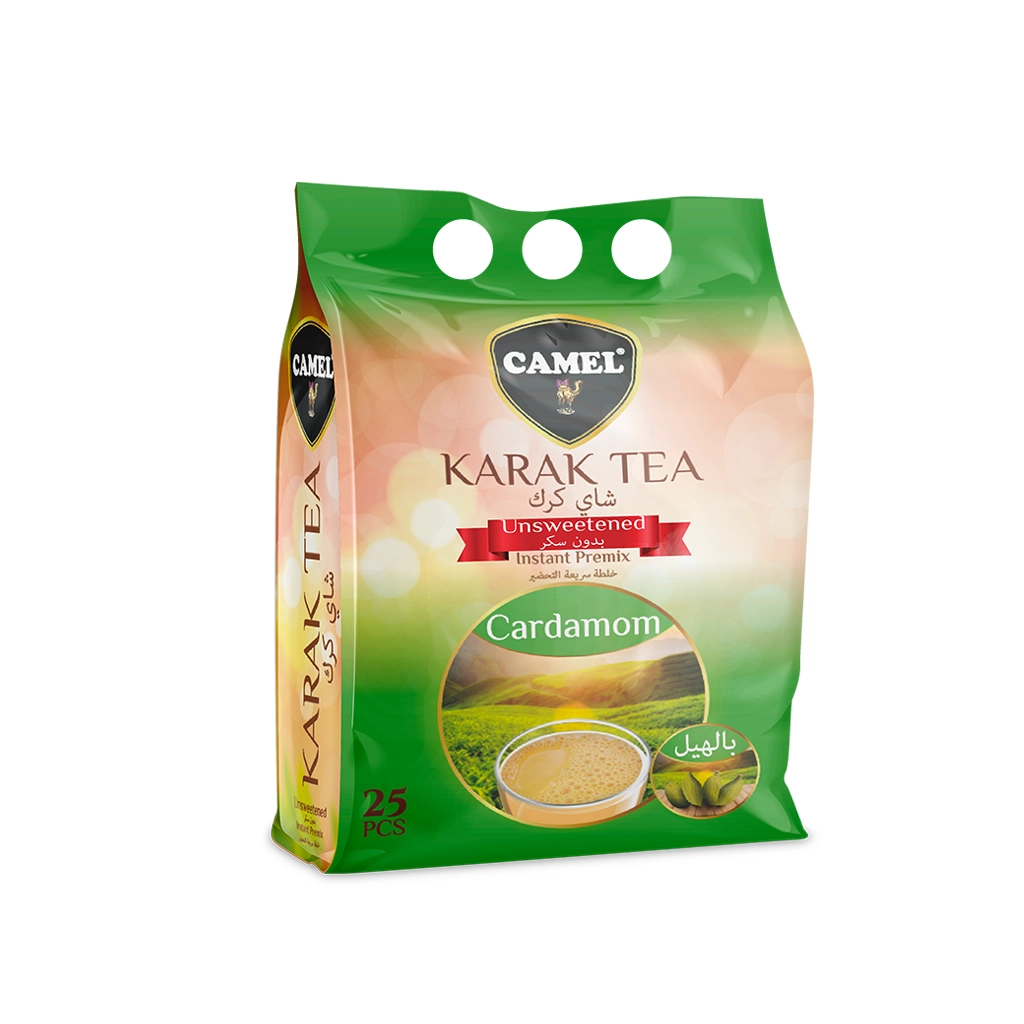
Dubai health food trading is thriving, driven by a global surge in demand for nutrition and wellness products. The Middle East and North Africa (MENA) region is no exception, with consumers increasingly seeking organic, natural, and nutrient-rich foods. Dubai, with its strategic location and world-class infrastructure, is perfectly positioned to serve as the gateway for health foods into this expanding market. This article explores how trading companies in Dubai can capitalize on this opportunity to grow their businesses and meet the rising regional demand.
The Health Food Market in MENA
The MENA region has seen a significant shift toward healthier eating habits in recent years. Factors such as rising disposable incomes, rapid urbanization, and exposure to global lifestyle trends have fueled this change. Industry reports indicate that the health food market in MENA is expected to grow at a compound annual growth rate (CAGR) of 8% over the next five years. Countries like Saudi Arabia, the UAE, and Egypt are leading this trend, with consumers favoring organic goods, gluten-free options, and superfoods such as quinoa, chia seeds, and acai berries. This shift reflects a broader demand for foods that support both health and sustainability.
Sourcing and Distributing Health Foods
Trading companies in Dubai are well-placed to source health foods from around the world and distribute them across the MENA region. By tapping into established trade networks and a diverse supplier base, these companies can import high-quality products tailored to regional tastes. For instance, organic spices from India, superfoods from South America, or plant-based alternatives from Europe can be brought into Dubai and then re-exported to neighboring markets. The city’s advanced logistics network—including state-of-the-art cold storage and efficient transportation—ensures that perishable goods remain fresh and high-quality, a key requirement in the foodstuff trade.
Advantages of Dubai as a Trading Hub
Dubai offers several distinct advantages that make it an ideal hub for health food trading:
- Free Zones: Dubai’s free zones offer tax incentives, full foreign ownership, and streamlined customs processes, allowing trading companies to operate efficiently and flexibly.
- Strategic Location: Situated at the crossroads of Europe, Asia, and Africa, Dubai provides unparalleled access to markets across three continents, making it a critical link in global trade routes.
- World-Class Infrastructure: With top-tier ports, airports, and warehousing facilities, Dubai ensures the smooth flow of goods, from import to re-export.
- Business-Friendly Environment: The city’s stable political climate and supportive government policies create a secure and appealing environment for investment and growth.
These advantages establish Dubai as both a local market leader and a regional powerhouse in the food trading industry.
Success Stories
Trading companies in Dubai are already making strides in the health food sector. For example, one firm has successfully imported premium almonds and walnuts from organic farms, distributing them to high-end retailers across the Gulf region. Another has introduced a line of gluten-free products sourced from Europe, catering to a growing segment of consumers with dietary restrictions. These examples showcase the profitability and growth potential within the health food market, illustrating how Dubai-based traders can deliver innovative food solutions.
Conclusion
As the demand for health foods continues to rise across the MENA region, Dubai stands out as the premier gateway for traders looking to tap into this lucrative market. By leveraging its strategic strengths and embracing innovation, trading companies can meet the needs of health-conscious consumers while shaping the future of the regional food industry. Now is the ideal time for businesses to seize this opportunity and position themselves as leaders in the health food revolution in MENA.





